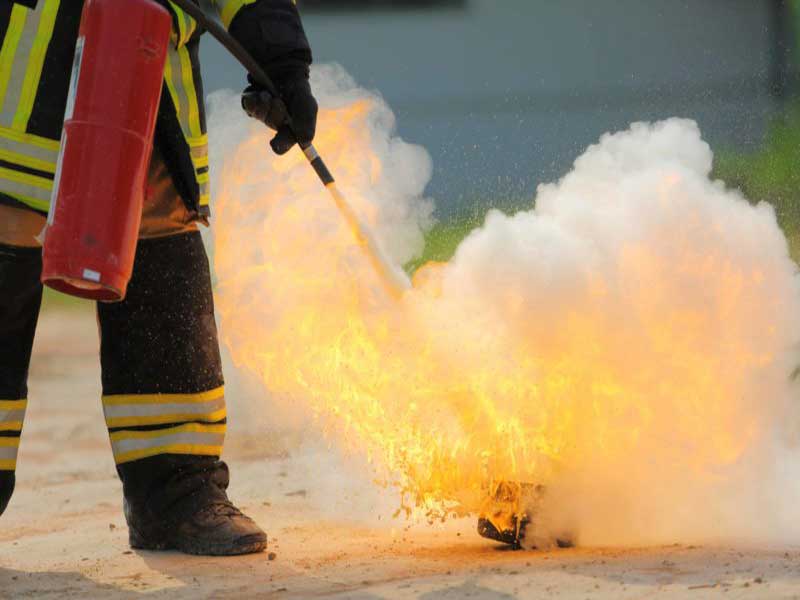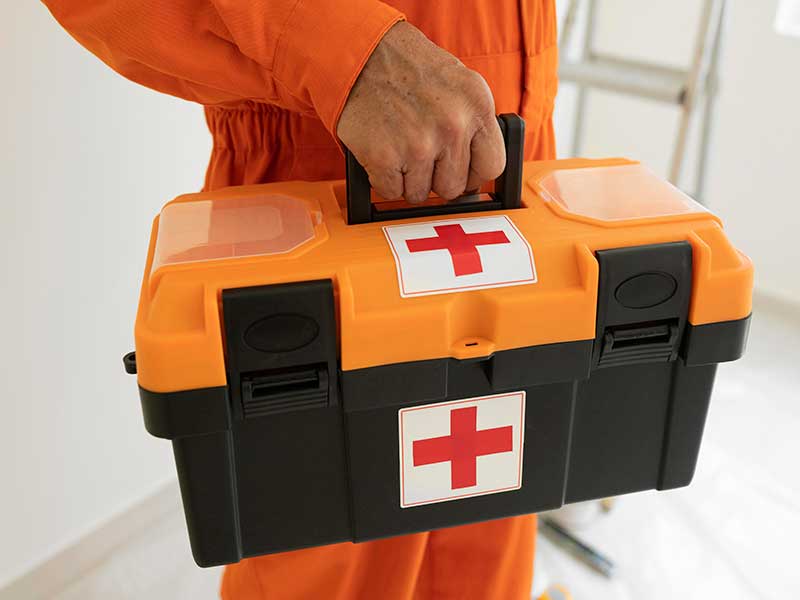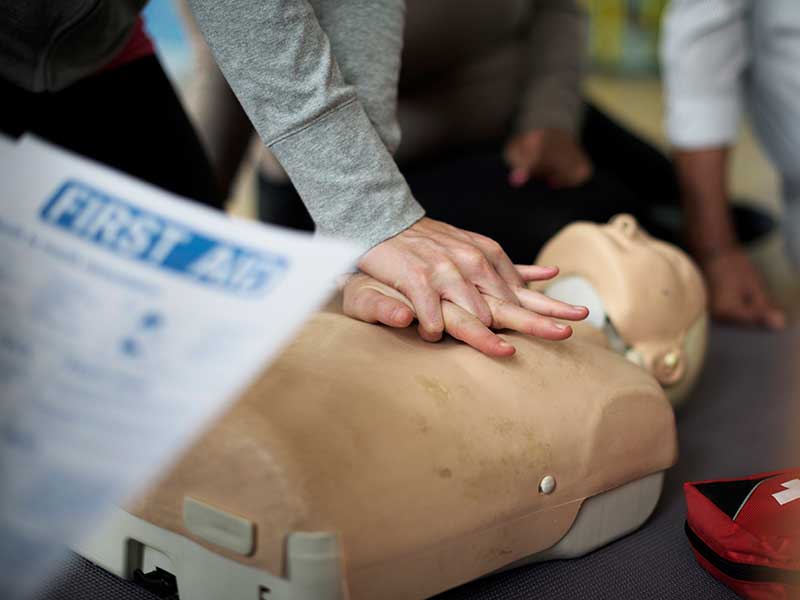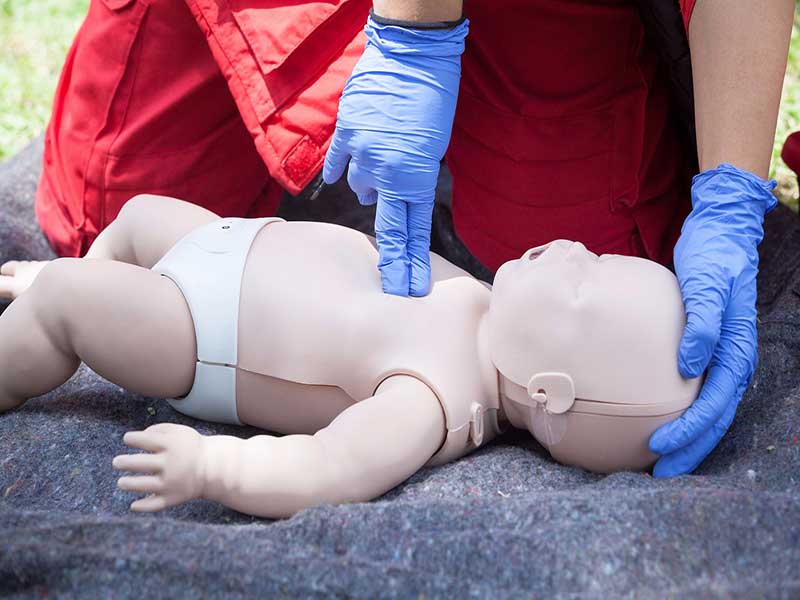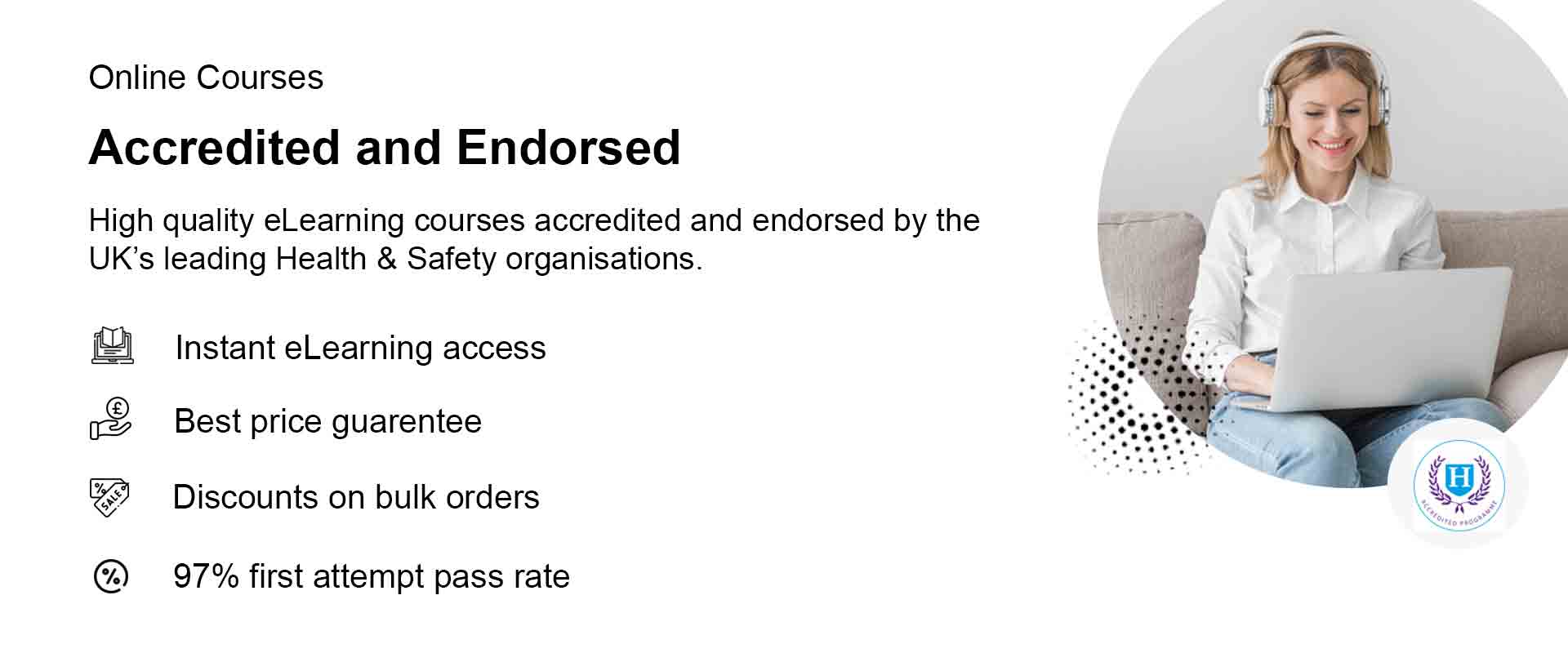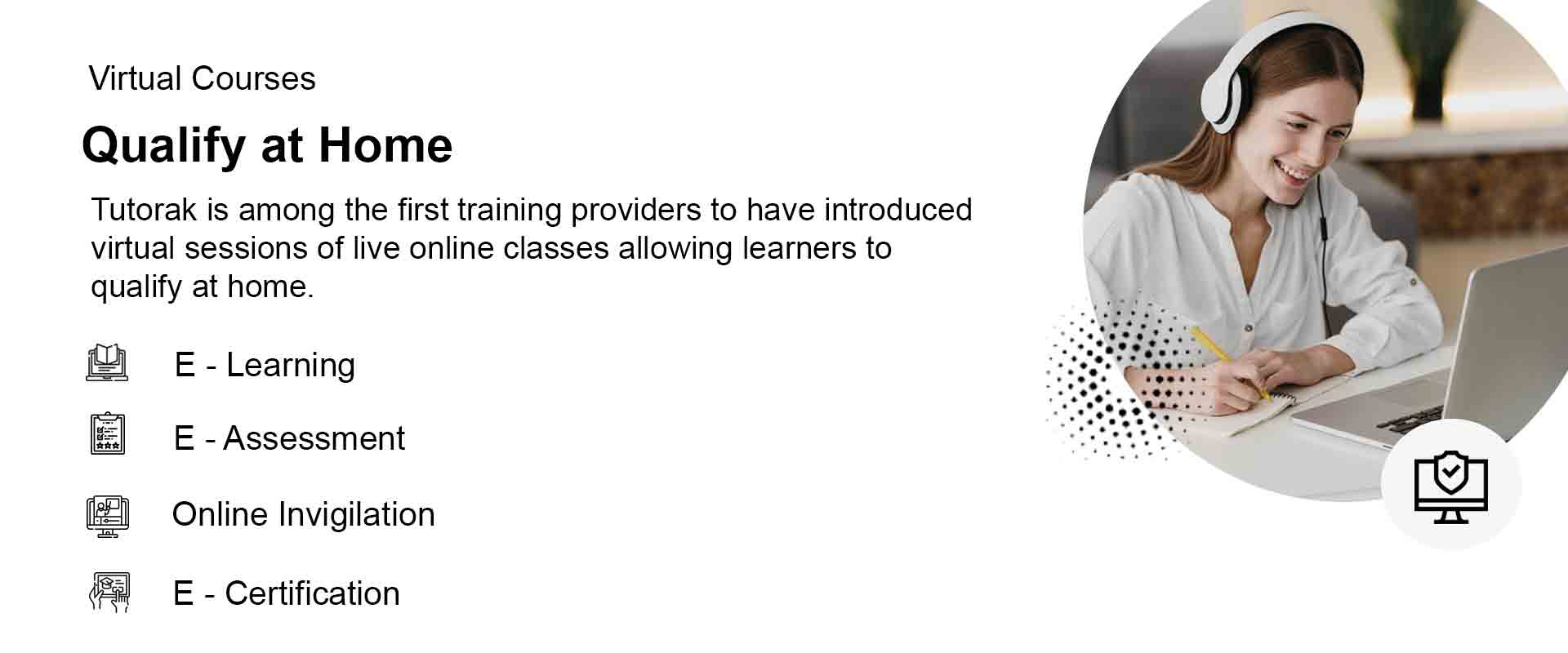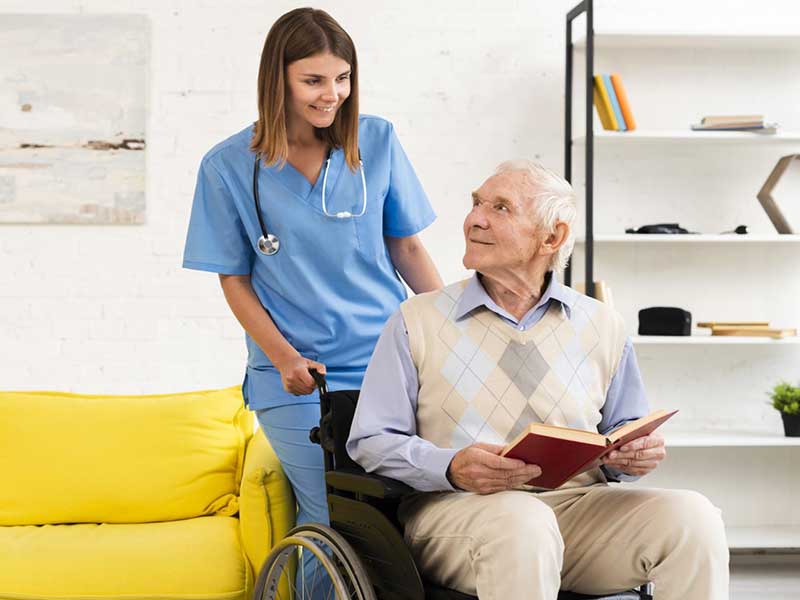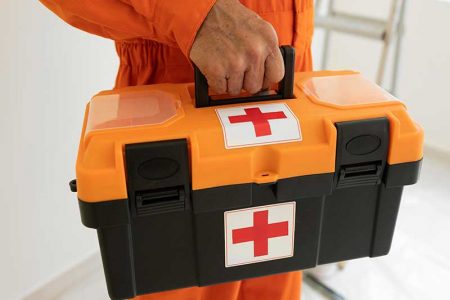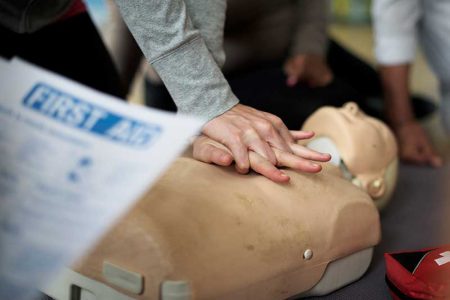AIMED AT
- Community care workers
- Specialist healthcare workers
- Personal caregivers
- Healthcare assistants
- Adult social care workers
SKILLS YOU WILL GAIN
- Equality and diversity
- Communication
- Nutrition management
- Basic life support
- Privacy and dignity
- Safeguarding children
- Safeguarding adults
- Information handling
- Infection prevention
- Care taking
About this Course
This course introduces the 15 standards that establish the knowledge and skills required in the care sector that all health and social care professionals need to follow in their day-to-day roles.
The Care Certificate was introduced in 2015 to ensure that training throughout the care sector was consistent and in compliance with the industry standards. To achieve this, 15 standards were introduced. Together, they form the Care Certificate.
If you require a competency sign off for the Care Certificate, you will have to arrange it through your employer. This online course only provides the knowledge part.
We also offer Infection Prevention and Control (including COVID-19 module) Course
Did you know: At any one time, there are over 80,000 vacancies for social care jobs in England.
-
Covers all 15 standards of the Care Certificate
-
Authored by a SkillsForCare Endorsed Provider
-
Meet the knowledge requirement of the Care Certificate
-
Learn at your own pace, whenever & wherever
Areas Covered
-
Understand Your Role
Learn how to understand the tasks and behaviour that will be expected of you, the importance of working in agreed ways, about the working relationships in health and social care and why it is important to work in partnership with others.
-
Your Personal Development
Learn how you can find out about the areas of your work that need to be developed for you to be able to do your job effectively, the ways in which you can develop your skills, knowledge and understanding, the process for developing a personal development plan, and the importance of continuing professional development for ensuring that your knowledge and skills are kept up to date.
-
Duty of Care
Learn about the duty of care and how it applies to your day-to-day practice, the dilemmas that may arise between the Duty of Care and an individual’s rights, how to help people you care for make complaints, the actions you need to take when an adverse event, incident, error or near miss occurs, the factors that may cause a confrontation, and how to access support and advice to resolve a confrontation.
-
Equality and Diversity
Learn how to understand the principles of diversity, equality and inclusion, work in ways that support these principles and prevent discrimination from occurring, be aware of the laws and codes of practice that set out the ways in which you work, challenge discrimination and know where to find the sources of information, advice and support.
-
Work in a Person-Centred Way
Learn how to describe person-centred values and demonstrate how you can promote them in your care practice, discuss the importance of working in a person-centred way, identify ways you can promote dignity in care, take appropriate steps to remove or minimize environmental factors that cause discomfort or distress, raise concerns with other that their actions may be causing discomfort or distress, recognise indicators of pain or discomfort, and take the appropriate steps to minimise it and identify factors that influence both identity and self-esteem.
-
Communication
Learn how to Identify the different methods of communication, meet the communication needs of the people you provide care and support for, reduce communication barriers, take the appropriate actions to protect the confidentiality of individuals, use appropriate methods of communication for each person you provide care and support for and support individuals using communication aids.
-
Privacy and Dignity
Learn the principles of privacy and dignity, how to support informed decision-making and how to support individuals to participate.
-
Fluids and Nutrition
Learn how to ensure food is safe to eat, the role of fluid and nutrition in maintaining health and wellbeing, ways to encourage and support people with eating and drinking, how to spot the signs and symptoms of poor nutrition, and what to do if you are concerned.
-
Awareness of Mental Health, Dementia and Learning Disability
Learn about the needs and experiences of people, the importance of promoting positive health and wellbeing, how to make adjustments that may be necessary in care and support, the importance of early detection of mental health conditions, the legal frameworks, policies and guidelines that are in place, and the relevance of mental care capacity when providing care.
-
Safeguarding Adults
Understand the principles of safeguarding adults, know how to reduce the likelihood of abuse occurring, know how to respond to suspected or disclosed abuse, and what to do in an emergency and become familiar with the legislation, guidance, policies and procedures that are in place to protect people from harm and abuse both nationally and locally.
-
Safeguarding Children
Recognise potential indicators of child abuse, understand the impact a parent or carer’s physical or mental health can have on the wellbeing of a child, understand the importance of children’s rights in safeguarding and child protection context, know what actions to take if you have concerns and gain a basic knowledge of legislation.
-
Basic Life Support
Learn about the legislation that relates to basic life support, the personal protective equipment used when carrying out basic life support, the equipment that is used for first aid, the actions involved in basic life support, carrying out cardiopulmonary resuscitation (CPR), identifying and treating an obstructed airway and the confidentiality required in record keeping.
-
Health and Safety
Understand your regal responsibilities, learn the importance of effective risk assessments, know the tasks that you must not undertake until you have been specifically trained to do so, learn some of the laws that apply to health and safety, learn how to respond to accidents and incidents in your workplace, become familiar with substances in your workplace that may cause harm and learn how you should work with them, understand how to promote fire safety, know how to keep your workplace secure, and become familiar with some of the causes and signs of workplace stress.
-
Handling Information
Learn agreed ways of working and legislation, appreciate the importance of having secure systems for handling information, learn best practice for keeping records, and learn the steps you should take if you are concerned that information has not been handled in agreed ways.
-
Infection Prevention and Control
Understand the main ways an infection can get into the body, learn how your health or hygiene might pose a risk, become familiar with personal protective clothing, equipment and procedures, and learn when and how to use them, and understand the importance of handling infected or soiled linen and clinical waste safely.










